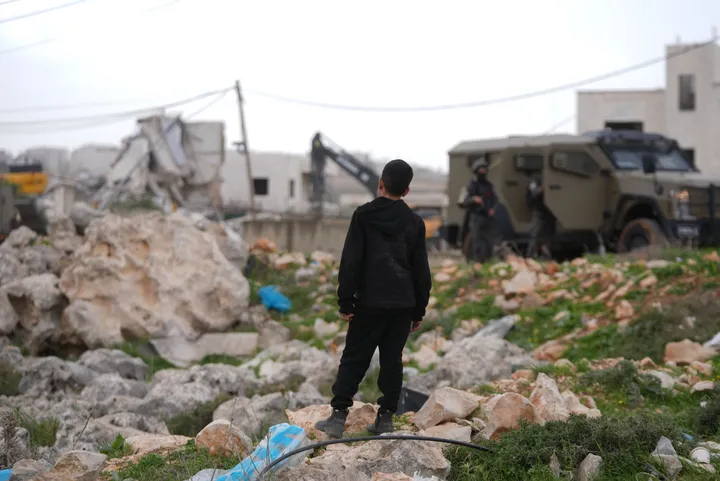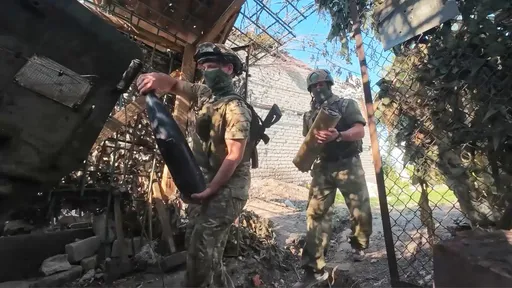UN Secretary-General Antonio Guterres has appealed to US President Joe Biden's administration to lift or waive all sanctions on Iran as agreed under a 2015 deal aimed at stopping Tehran from developing a nuclear weapon.
In a report to the UN Security Council, Guterres also urged the United States to "extend the waivers with regard to the trade in oil with the Islamic Republic of Iran, and fully renew waivers for nuclear non-proliferation projects."
The 15-member council will on Tuesday discuss the secretary-general's biannual report on the implementation of a 2015 resolution that enshrines the nuclear deal between Iran, the United States, France, Britain, Germany, Russia and China.
READ MORE:Iran nuclear deal parties agree US, Iranian compliance must be expedited
Efforts to revive JCPOA
Guterres' appeal to Washington comes amid talks to revive the deal - known as the Joint Comprehensive Plan of Action - under which Iran accepted curbs on its nuclear programme in return for a lifting of many foreign sanctions against it.
Former US President Donald Trump abandoned the pact in 2018 and reimposed harsh sanctions, prompting Tehran to start violating some of the nuclear limits in 2019.
"I appeal to the United States to lift or waive its sanctions outlined in the plan," said Guterres, who also appealed to Iran to return to full implementation of the deal.
Guterres said: "I continue to believe that a full restoration of the Plan remains the best way to ensure that the nuclear programme of the Islamic Republic of Iran remains exclusively peaceful."
Iran has refined uranium up to a purity of roughly 60 percent, far above the deal's limit of 3.67 percent and much closer to the 90 percent suitable for atom bomb cores, though it maintains that it seeks only civilian nuclear power and could quickly reverse its moves if Washington rescinded sanctions and returned to the 2015 deal.
Talks have stalled in part over Iran's insistence on the lifting of all sanctions, pointing to the promises of economic relief under the accord.
READ MORE:The longer the US drags its feet on Iran, the tougher talks will get
The Biden administration says it is ready to lift economic measures related to nuclear work as laid out by the JCPOA -- but that it will keep other sanctions, including over human rights and Iran's support to militant movements in the Arab world.
Some experts believe that Iran had been waiting for the election of Raisi, whose hardline approach is backed by Supreme Leader Ayatollah Ali Khamenei, the ultimate arbiter of the Islamic republic's foreign policy.
Analysts have said Iran could strike a deal before Raisi takes office in August – letting him take the credit for the expected economic boost but blame outgoing president Hassan Rouhani, a moderate who championed a better relationship with the West, if the situation deteriorates.























